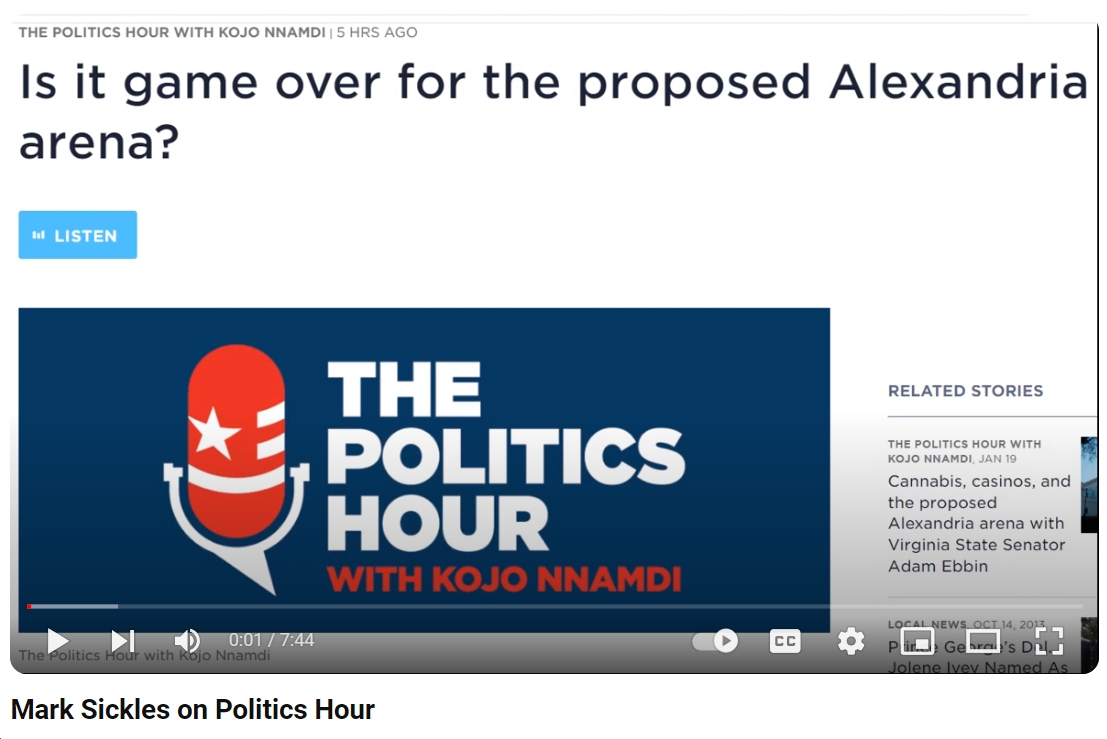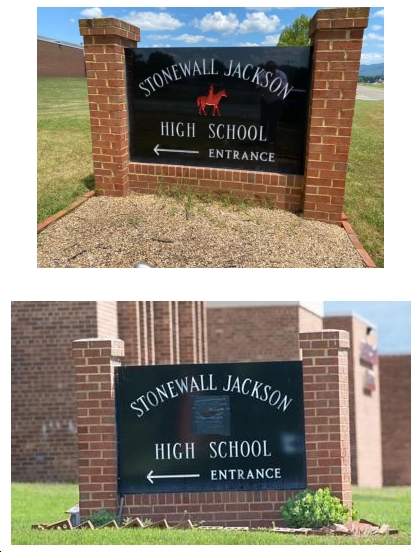by David Pratt, Indivisible Winchester and the Virginia Justice Democrats
Virginia Delegate Chris Collins’ (R-HD29) campaign bought $2,750 in cigars from a local cigar shop for which he provides legal services. Collins is an attorney and has been identified – in news stories and on the company’s Yelp page – as a co-owner of Long Ridge Cigars in Winchester, VA. But now, Collins says that he was never more than a minority owner and the shop has been sold to a new owner.
The cigars expense was paid on Oct. 2, 2019 to Bald Angry Guy LLC as published on VPAP.ORG. I noticed that this legal entity shared the same address as Long Ridge Cigars as well as another LLC registered by Chris Collins (The Other Office LLC) at 141 Featherbed Lane, Winchester, VA. So I contacted Del. Collins to try and solve the mystery.
“I bought cigars that I gave away as a fundraiser,” Collins said. Moreover, Collins says he has provided cigars in the past to other Republicans for fundraising events. He said he hadn’t thought about how this obscure payment might appear to be “self-dealing,” which he agrees is a bad thing. “Really, it’s no different than buying printing from your own print shop to give yourself a discount,” Collins said. “Cigars go well with fundraisers,” he added. I asked him why he didn’t buy cigars from a different vendor to avoid any appearance of a conflict of interest? “There aren’t a lot of places locally where you can get that many cigars on short notice,” he replied.
I asked him if he thought we needed to change Virginia’s campaign finance laws. “The short answer is that we have changed the laws,” he said. “We worked very hard to improve campaign finance laws after what happened with Governor McDonnell.” He offered the example of a candidate who had rented out their own garage to their campaign for $2,000. I told him there were still no rules to prevent candidates from spending campaign war chests however they see fit, including stays at expensive hotels and pricey meals.
I contacted the campaign of Collins’ Democratic opponent, Irina Khanin, for comment. Campaign manager Rohan Genger said, “I think spending thousands of campaign dollars on expensive parties with cigars looks terrible.” He questioned whether campaign contributors would be happy to know how their contributions were spent.
Irina Khanin e-mailed me this statement:
“It is unacceptable that Virginia ranks 46th out of 50 states (grade “F”) for its campaign finance laws in the most recent State Integrity Investigation. We currently have no limits on personal contributions and virtually no laws to restrict use of campaign funds for a candidate’s personal purposes.”
Genge added:
“Our campaign has been endorsed by Clean Virginia because campaign finance reform is one of Irina’s top legislative priorities. Irina is also one of 32 candidates for state legislative offices who signed a letter to current members of the General Assembly committing us to a higher standard of government transparency and accountability than exists in the Commonwealth at this time. She will fight to make sure that we adopt new rules to restrict self-dealing and influence of money in our state politics.”
In my view, because Virginia has some of the weakest campaign finance laws in the nation, including unlimited contributions from wealthy donors and corporations, there currently exists a culture of “take the money, spend the money, and don’t rock the establishment boat or you won’t get the money you need to win and stay in office.” That’s the Virginia Way.
As Peter Rousselot wrote in an article in July for Arlington Now, campaign finance reform won’t happen unless the Democrats win control of both chambers of the state legislature in Tuesday’s election on November 5th. He wrote:
“Virginia should create a new, independent Ethics Review Commission with teeth, including subpoena and enforcement powers. Other states, including Massachusetts, South Carolina, and Pennsylvania have these kinds of ethics commissions.”
Of course, an independent ethics commission won’t have teeth unless it is given these critical enforcement powers:
- The resources to conduct investigations
- The power to assess fines for violations
- The authority to make referrals to the Attorney General or other prosecutors
So after Democrats (hopefully) take control of the Virginia General Assembly next Tuesday, they should move towards enacting these measures into law.
















